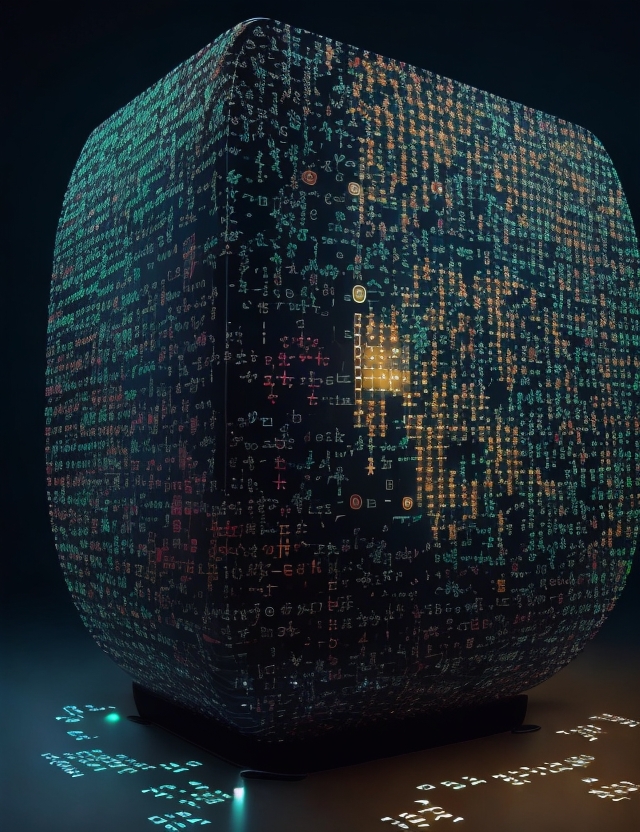AI code writing, an emerging field in the realm of artificial intelligence, has the potential to revolutionize the way we develop software and impact the world in profound ways. With advancements in machine learning algorithms and deep neural networks, AI code writing is making significant strides in automating the process of generating code. This article delves into the transformative impact of AI code writing and explores its implications across various industries and domains.
Enhancing Efficiency and Productivity
AI code writing has the capacity to significantly enhance efficiency and productivity in software development. By automating repetitive tasks and generating code snippets, developers can save valuable time and focus on more complex problem-solving aspects. With AI’s ability to analyze vast amounts of code repositories and patterns, it can suggest optimized solutions and assist in debugging, leading to faster development cycles and higher-quality software products.
Enabling Rapid Prototyping and Innovation
Innovation often thrives on the ability to quickly prototype and iterate ideas. AI code writing empowers developers to experiment and prototype at a faster pace. By leveraging AI algorithms, developers can generate functional code frameworks based on high-level specifications, allowing for rapid prototyping and validation of concepts. This speed and agility foster innovation, enabling developers to bring ideas to life more swiftly and efficiently.
Improving Code Quality and Reliability
Writing clean, efficient, and bug-free code is a persistent challenge for developers. AI code writing offers solutions by leveraging vast amounts of code samples and best practices. By analyzing code repositories and identifying patterns, AI algorithms can provide suggestions for optimizing code, improving readability, and reducing bugs. This leads to higher code quality, increased reliability, and ultimately, more robust and secure software applications.
Addressing the Skills Gap and Democratizing Development
The demand for skilled developers often outpaces the supply, resulting in a skills gap in the software development industry. AI code writing can bridge this gap by enabling individuals with limited coding knowledge to create functional applications. With user-friendly interfaces and AI-generated code, non-technical users can leverage the power of AI to bring their ideas to fruition. This democratization of development empowers a broader range of individuals to participate in creating innovative solutions, fostering a more inclusive and diverse technology landscape.
Empowering Domain-Specific Solutions
AI code writing is not limited to general-purpose programming. It has the potential to revolutionize domain-specific development as well. By understanding the nuances and requirements of specific industries and domains, AI algorithms can generate code tailored to specialized applications. This empowers developers to create solutions optimized for fields such as healthcare, finance, transportation, and more, ultimately driving advancements and addressing unique challenges in these areas.
Ethical Considerations and Human Oversight
While the advancements in AI code writing are promising, ethical considerations and human oversight remain crucial. As AI algorithms generate code autonomously, it is essential to ensure transparency, accountability, and adherence to ethical standards. Human intervention and validation play a critical role in evaluating and refining AI-generated code to align with legal and ethical guidelines. Striking a balance between automation and human judgment is key to harnessing the full potential of AI code writing responsibly.
Looking Ahead: The Future of AI Code Writing
The potential of AI code writing to transform the software development landscape is immense, and the future holds even more promise. As AI algorithms continue to evolve and learn from vast repositories of code, we can expect even more accurate and sophisticated code generation. This opens up possibilities for complex systems, such as artificial intelligence, Internet of Things (IoT) devices, and autonomous vehicles, to be developed more efficiently and effectively.
Moreover, the collaborative nature of AI code writing is poised to reshape the developer community. With AI-powered tools that can understand and assist in code generation, developers can work hand in hand with intelligent systems, leveraging their expertise while harnessing the power of AI. This synergy between humans and machines has the potential to unlock new realms of creativity and problem-solving, pushing the boundaries of what is possible in software development.
However, it’s important to note that AI code writing is not intended to replace human developers. Instead, it serves as a powerful tool to augment and empower their capabilities. The human touch, intuition, and critical thinking are irreplaceable assets that contribute to the innovation process. By leveraging AI code writing, developers can focus on higher-level tasks, such as architectural design, algorithm development, and user experience, while AI takes care of the more routine and repetitive coding tasks.
In conclusion, the impact of AI code writing on the world of software development is undeniable. It enhances efficiency, accelerates innovation, improves code quality, democratizes development, and enables specialized solutions. However, it’s crucial to approach this technology with ethical considerations and human oversight to ensure its responsible and beneficial integration. As we embrace the power of AI code writing, we are on the cusp of a new era in software development, where collaboration between humans and intelligent machines unlocks unparalleled possibilities for the future.
By embracing AI code writing and its potential, we can reshape the way we develop software, drive innovation across industries, and pave the way for a more efficient, creative, and inclusive future.





